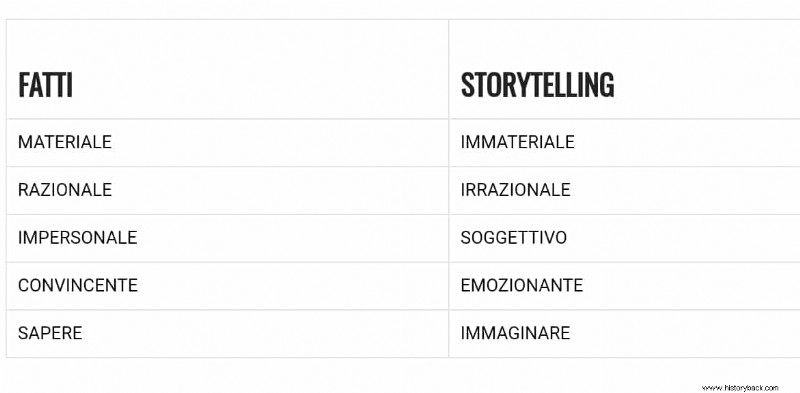THE GREEK TERM HISTORIA LITERALLY MEANS RESEARCH, BUT IT IS ALSO SYNONYMOUS WITH INVESTIGATION
It is a word that refers to the entire scope of KNOWLEDGE
The aim of historical research is to obtain from the so-called "places of power" the ways to ascertain the facts in a free, objective and responsible way.
Before the self-affirmation of the independence of historians, History it was made by the sovereigns, and could easily be compared to an Epigraph, which could be hung on the wall, in which certain facts or heroic deeds (usually of the sovereigns themselves) were narrated.
The birth of the "historical genre", in the Ancient Greece, was born from the systematic rejection of mythical explanations preferring the use of proven documentary sources.
Herodotus, credited by Cicero as the father of history, writes (VII, 152.3):"I have the duty to report what is he says, but I have no duty to believe it:this is the rule valid for all my work ".
This is the freedom with which Historiography was born.
APOLOGY OF HISTORY OR HISTORICAL TRADE:AN UNFINISHED WORK BY MARC BLOCH.
HISTORY IS THE SCIENCE OF CHANGE
One of the greatest classics of twentieth century historical methodology reflection. Published posthumously for the first time in 1949, thanks to his friend and fellow student Lucien Febvre, the final version was edited in 1993 by the author's son, Etienne Bloch .
“History is essentially the science of change. it knows and teaches that two completely similar events never recur, since the conditions are never exactly the same [...] admits, of course, from one civilization to another, the recurrence of certain phenomena that in broad lines seem to evolve into a same direction.
And note then how similar fundamental conditions existed on both sides. […] But not to teach us that the past repeats itself, that what was yesterday will also be tomorrow. [...] examining how the recent past differs from what preceded it and why, it finds in this comparison the ability to predict in what sense tomorrow will also be opposed to yesterday "
Marc Bloch, “Apology of history”
THE SOURCES, THE TIME LINE, DATING
THE TOOLS OF HISTORY
Each trace of the past represents a source, that is the historian's working material and the fundamental condition for research.
IT ALL STARTS FROM THE SOURCE, OR THE SOURCE, THE ORIGIN.
In history SOURCE means any TRACK left by man or nature that can be analyzed and interpreted by the historian.
TRACE it is any "sign" left by men in their passage in time. The historian's use of the trace to extract information directly or indirectly transforms the trace into a source of information.
Then, on the basis of the information, the historian carries out his reconstruction of the past and produces his narrative historical.
THE SAME OBJECT, SO "BORN" AS A TRACK, BECOMES A SOURCE IN THE MOMENT IN WHICH IT IS INTERROGATED BY THE HISTORIC AND DOCUMENT WHEN IT ENTERS AS EVIDENCE IN THE FINAL RECONSTRUCTION.
To use historical sources effectively, it is necessary:
- Date them
- Identify the type
- Identify the author
- Identify its purpose
- Obtain useful information to understand the historical period
- The invention of writing allowed us to know the facts through written sources. For when it happened before writing, the historian had to rely on the analysis of the material finds and visual sources, the drawings, left to us by our ancestors.
ALESSANDRO BARICCO:FACTS AND STORYTELLING
For Baricco, an Italian historian and essayist, the starting point of historical research is to identify an object that can provide a useful testimony to know a specific event.
"Facts and storytelling are like two chemicals that form reality. History does not inform matter, it is unreal, but it is necessary to identify it as reality.
Let's take coin as an example:basically, it is nothing more than a precious metal of a certain weight and shape, but to be defined as such it must have a symbol printed on it. That's storytelling.
When Alexander the Great was convinced to avenge the attacks and raids that Greece and Athens suffered from the Persians, he decided to create coins to spread the message throughout his empire of him. He needed the Athenian fleet, and so the coin produced for the occasion represented an invitation to embrace the cause, aimed precisely at the people of the city. On one face Athena, goddess of war, on the other Nike, goddess of victory, who held the naval symbol in her hand under the inscription Alexander. A clear message that transformed a metal disk into an invocation:"I will win the Persians with your ships".

